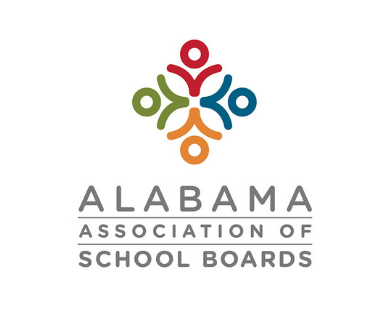ON-2020-04-03 Leadership During a Crisis
Leadership During a Crisis: COVID-19 and Beyond
3-Apr-2020

With the coronavirus pandemic, every school board is facing a crisis situation. Emotions will be high, decisions will come faster, and consequences may be greater. Currently, school board members across the state are anxious to take decisive action in the best interests of their students and staff. But what is the leadership role of a school board during a crisis?
Leadership often requires a choice in the lens we choose to look through. It will shape how we conduct ourselves and the decisions we make. In times of crisis, board members must view the problem as the problem, and never each other. They must work constructively with their superintendents, maintain integrity with community members and be flexible as they navigate an ever-changing landscape.
How the leadership team behaves during a crisis will frame and give meaning to this experience. You will quell anxiety -- or increase it. You will make decisions based on facts – or fear. You will be perceived as acting with integrity, honesty and humanity – or the opposite.
In a crisis, we all succeed or we all fail. Board members must work in harmony with the superintendent and each other, as well as be unified in supporting the chosen coping strategies.
It is critical during an emergency for boards to maintain their focus on oversight. In times such as these, the board’s vigilance may be heightened as the need for updated information is increased. On the other hand, board members should resist the urge to get overly involved or become overly demanding, which could impede the superintendent’s ability to do their job.
In addition to oversight, it is important for boards to ensure that they communicate with the community via agreed-upon lines of communication. While this is important in any situation, a crisis situation heightens the need for good communication. When speaking to the public or the media, the board should work to ensure that there is a consistent message coming from all members, as divergent messages can confuse or even panic stakeholders.
Individual board members should resist the pressure to take immediate steps to communicate about the district’s decisions and, instead, designate a board spokesperson (usually the board president) to handle all communication, including social media. This can help to ensure that the board is speaking with one voice.
As the district responds to all the state directives stemming from the coronavirus, the board is in a unique position to momentarily reflect and review the district’s crisis response plan in real time and discuss the choices safeguarding the well-being of all concerned. Although schools are closed, the state expects school districts to provide an educational environment, continue meal services to students, ensure the mental health of students and staff, and maintain continuous communication with all stakeholders. This is an enormous task, but one that provides an opportunity for the board to assess the district’s ability to provide services to children during an emergency situation.
In general, a plan to address a crisis should include:
- Communication of the crisis situation to the board by the superintendent in a timely manner (i.e., as soon as possible). This communication should identify the actual problem, its origin, and its potential impact on the school community.
- A review of the steps that the superintendent proposes to address the crisis. This review should address how the plan will tackle the issue and its anticipated level of success, as well as the risks and potential consequences involved. Communication from outside experts could also be included in this review.
- Approval of the plan by the board, with appropriate resources dedicated.
- Communication of the plan to all stakeholders, allowing for feedback and possible modification.
- Monitoring progress by requesting regular updates from the superintendent. Ask questions!
- Review and modify the plan as necessary.
When the crisis has passed, request a report from the superintendent that shares how well the district was able to respond to the crisis.
Maybe the coronavirus is the first crisis situation your board has faced. Unfortunately, it likely will not be the last. It is the board of education, as leaders of the district, who help set an all-important emotional tone. The board has a unique ability, as elected representatives of the community, to provide assurances that positive, well thought-out steps are being taken for the well-being of students.
Leadership can be stressful even in the best of times. If this, or any, crisis has your board feeling overwhelmed, contact AASB. We are with you in this difficult time.
